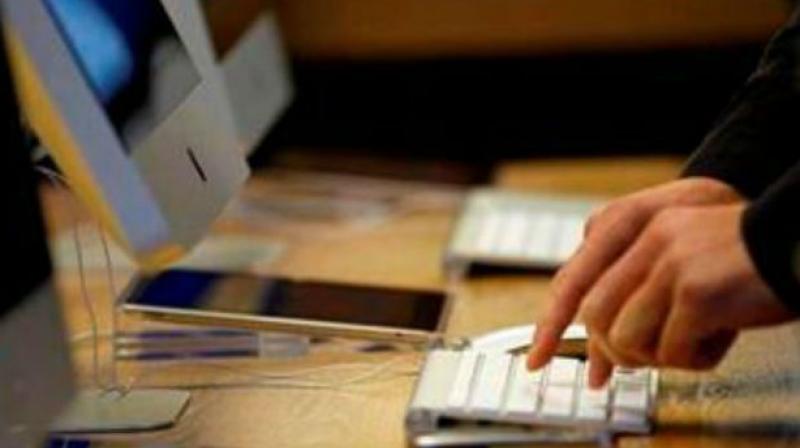View from Pakistan: Citizens vs State - The battleground called Net
The misuse of religion for political ends can now be called out.

Judges running amok, politicians moralising, the state crusading. It’s like they all had an epiphany — at the same time. What’s happening? With so many different strands, some random, several opportunistic, and the mixing of the old with the new, a coherent tale is hard to find. But zoom out a bit and it’s there all right. Religion under threat is as old as, well, religion. More interesting are the attacks on the alleged transmitter of the latest alleged mischief: the world of online. There is no evidence, none that has been publicly offered or credibly advanced in private, that there has been a surge in counter-religious narratives online. That’s not really surprising. There’s no real market for it and, more to the point, no real producers of it in the counter-culture. But while demand is limited and production unlikely in the extreme, the oversight game has caught up and done what all overseers do when confronted by technological change: stirred panic over what they don’t understand and then latched on to the panic to justify extending their control.
Basically, the State and its various appendages fell behind the technology curve early, but then poured massive resources into mastering the online world and that has helped reverse the asymmetry. Now, the State has powerful surveillance tools and the citizen is under threat. Rewind to the early days of the private-TV boom. The need for control quickly became apparent. As is now well known, the fear of being infected by an Indian perspective and the realisation of the nationalist potential of private media triggered a revolution. The same impetus to control is again evident, but it sits at the confluence of different factors. The most basic difference is how the Internet works. TV could be unleashed because the means to eventually harness it were obvious too. There are only so many channels, owners and anchors.
You can’t bypass the State. With the Internet you can. Internet use is climbing due to cheaper devices and faster access. But that’s where the other three factors kick in. The surveillance State has grown. Its roots may even lie in the fight against militancy and the intelligence cooperation that Pakistan has with the West. New powers in the hands of old curmudgeons can have funny effects. But it’s not that the Internet has gone mainstream, it’s that battles online have gone mainstream. Like the occasional rants against cheap overnight mobile phone calls corrupting the youth and the half-hearted war on porn, the puritans and the corrupt could have continued to coexist in society. But then politicians got on the Internet bandwagon and turned social media into a battleground.
Thrilled, scared, aghast — if the mainstream political stuff can leave both participant and observer reeling, you can guess the impact that the farther reaches of the Internet could have on puritanical voyeur. The political mainstreaming of social media and the like has helped make it a target for a certain, cleansing sort. The misuse of religion for political ends can now be called out. Flip it around — militants are misguided. From that perspective, suddenly, it is religion itself that is under attack in the guise of a war against terrorism. From that perspective, there is a need to reassert the perceived foundations of the State. From that perspective, there is a need to find easy targets. There’s few easier than the world of online.
By arrangement with Dawn

